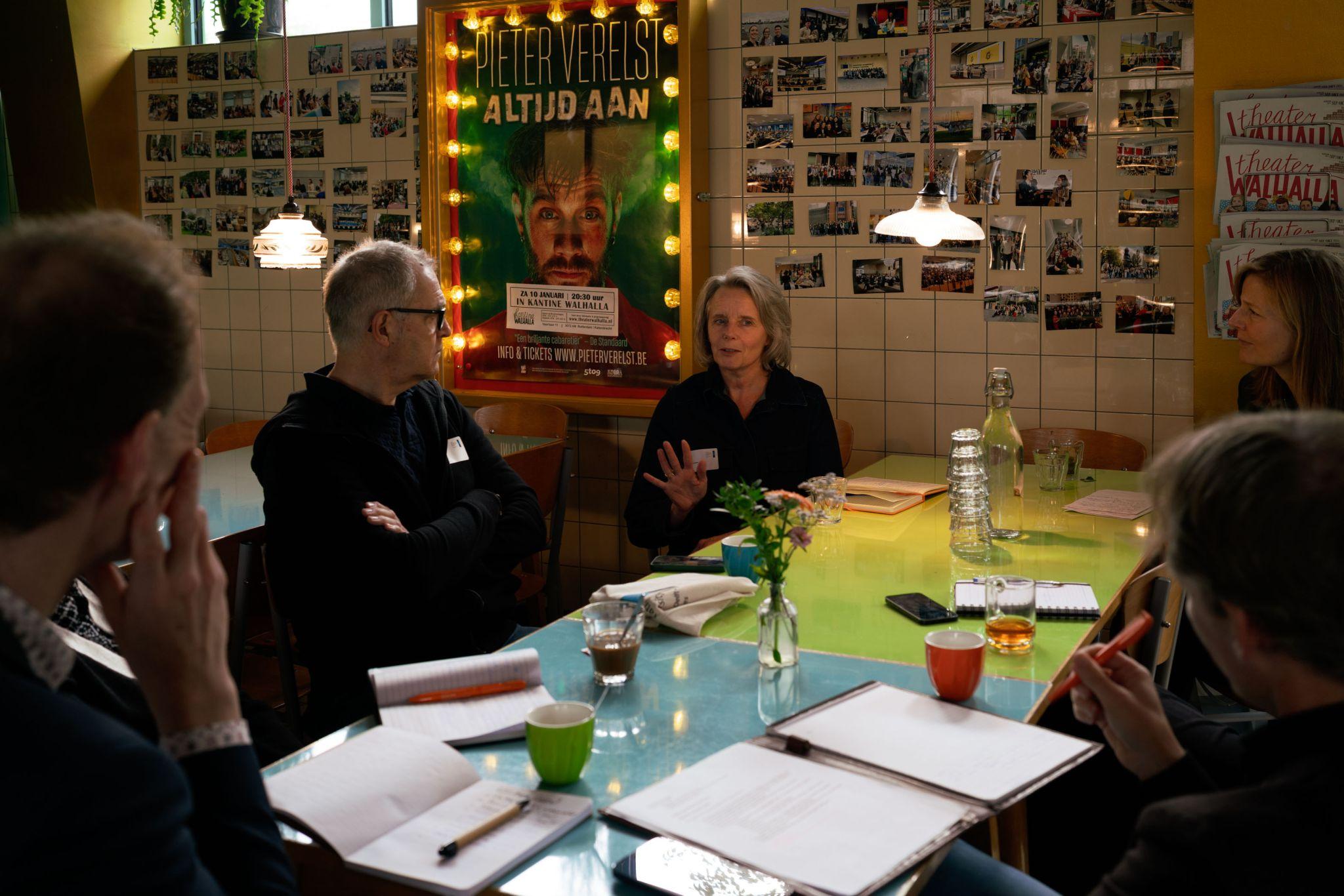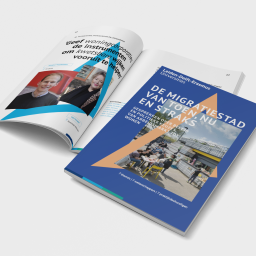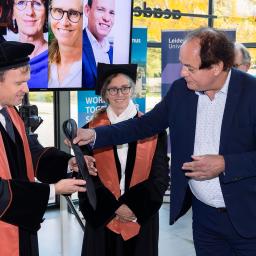
Migration and diversity are themes that define our times, in societies worldwide. How does this translate into policy and governance?
The Leiden-Delft-Erasmus Centre Governance of Migration and Diversity (GMD) brings together researchers from three universities to study these challenges and contribute to solutions through knowledge, education and collaboration. It recently celebrated its 10th anniversary during a festive conference in Katendrecht.
Where it all began
The Centre was founded on the idea that complex social issues require interdisciplinary thinking. Instead of immediately starting research, the three universities – Leiden University, Delft University of Technology and Erasmus University Rotterdam – decided to first set up a joint educational programme: the Master's track Governance of Migration and Diversity.
We wanted to bring together students and lecturers from different disciplines.'
 'That was a conscious choice,“ says one of the founders. 'We wanted to bring together students and lecturers from different disciplines. That collaboration in education formed the basis of trust and shared understanding on which we could later build a joint research programme.”
'That was a conscious choice,“ says one of the founders. 'We wanted to bring together students and lecturers from different disciplines. That collaboration in education formed the basis of trust and shared understanding on which we could later build a joint research programme.”
The approach proved successful. The master's programme attracted a diverse, international group of students who wanted to delve deeper into migration, governance and social change.
A growing circle of disciplines
Natural networks of academics also emerged, who began to explore research questions that transcended disciplinary boundaries. Several alumni, who now work at ministries and NGOs, attended the conference to provide input for the further development of the master's programme.
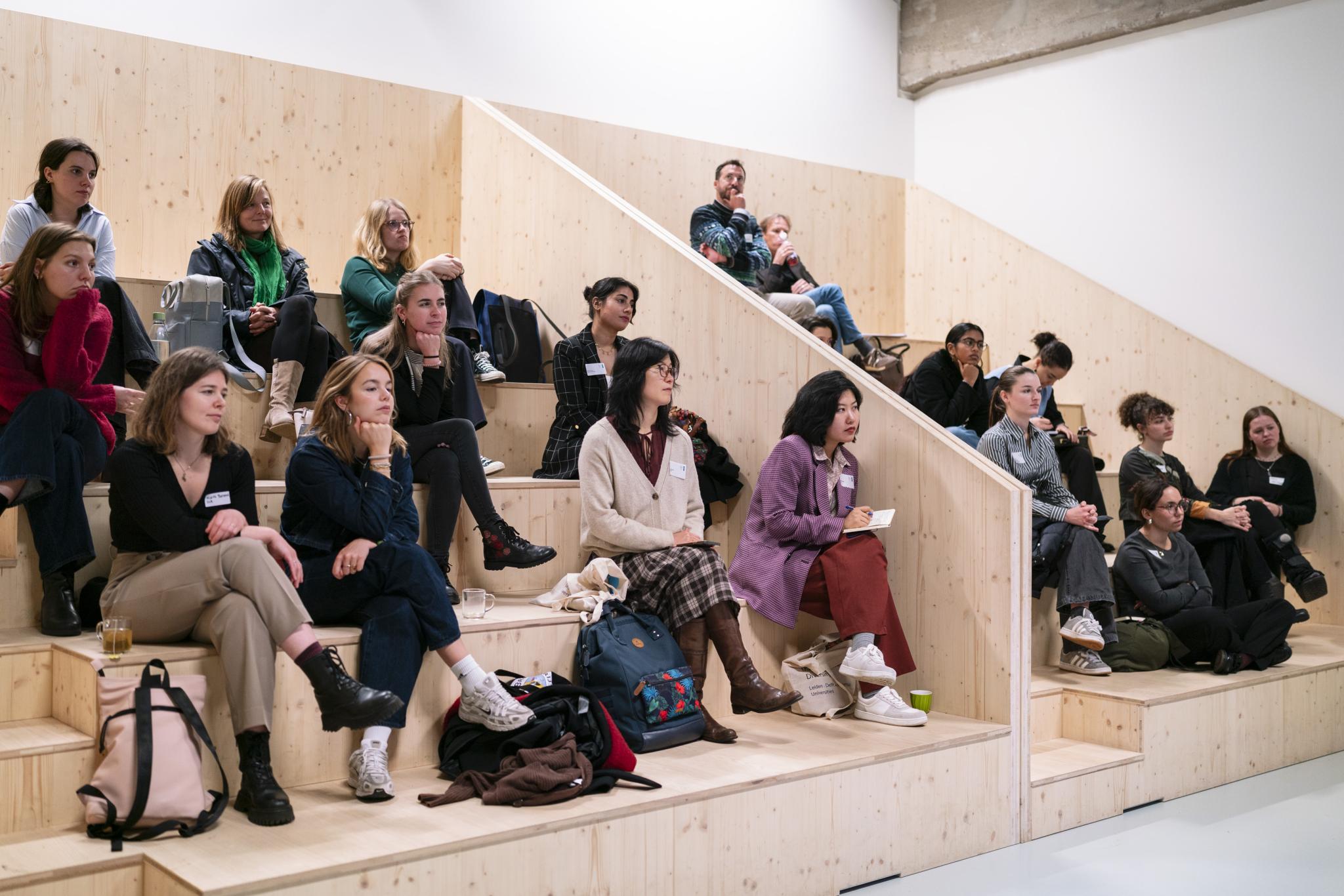
Although governance and social sciences formed the core from the outset, new disciplines were soon added. Legal scholars and architects became indispensable partners. Lawyers offer insight into migration law, citizenship and human rights; architects and urban planners investigate how cities adapt spatially and socially to diversity.
By combining governance and design, we can better understand what inclusive cities of the future might look like.'
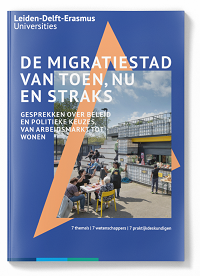 'Migration always has a spatial dimension,“ says one of the researchers. 'It changes how we build, live and coexist. By combining governance and design, we can better understand what inclusive cities of the future might look like.” > Read also The Migration City
'Migration always has a spatial dimension,“ says one of the researchers. 'It changes how we build, live and coexist. By combining governance and design, we can better understand what inclusive cities of the future might look like.” > Read also The Migration City
Connected to society
The Centre constantly strives to strike a balance between current social developments and long-term issues. On the one hand, it focuses on urgent themes – such as the reception of refugees – while on the other hand, it investigates structural issues surrounding inclusion, governance and demographic change.
From the outset, the Centre has worked closely with social partners: ministries, municipalities, NGOs, trade unions and international organisations. Through advisory councils, joint research projects and public meetings, the Centre ensures that research is not only about migration and diversity, but also involves the people and institutions that deal with these issues on a daily basis.
A new course was recently set up for this purpose, with the first group starting this autumn. Participants work for local authorities, in the prison system or are independent consultants. > Read more
International network
Researchers at the GMD Centre collaborate with scientists worldwide. At the conference, Prof. Adla Raghab (Cairo University), Prof. Sawsan Abdulrahim (American University of Beirut) and Prof. Ahmet İçduygu (MiReKoç, Istanbul) gave lectures on the theme of “Globalising Governance of Migration & Diversity”. This also provides a different perspective: 'There are 9 million refugees in Egypt. We call them guests,' said Professor Raghab.
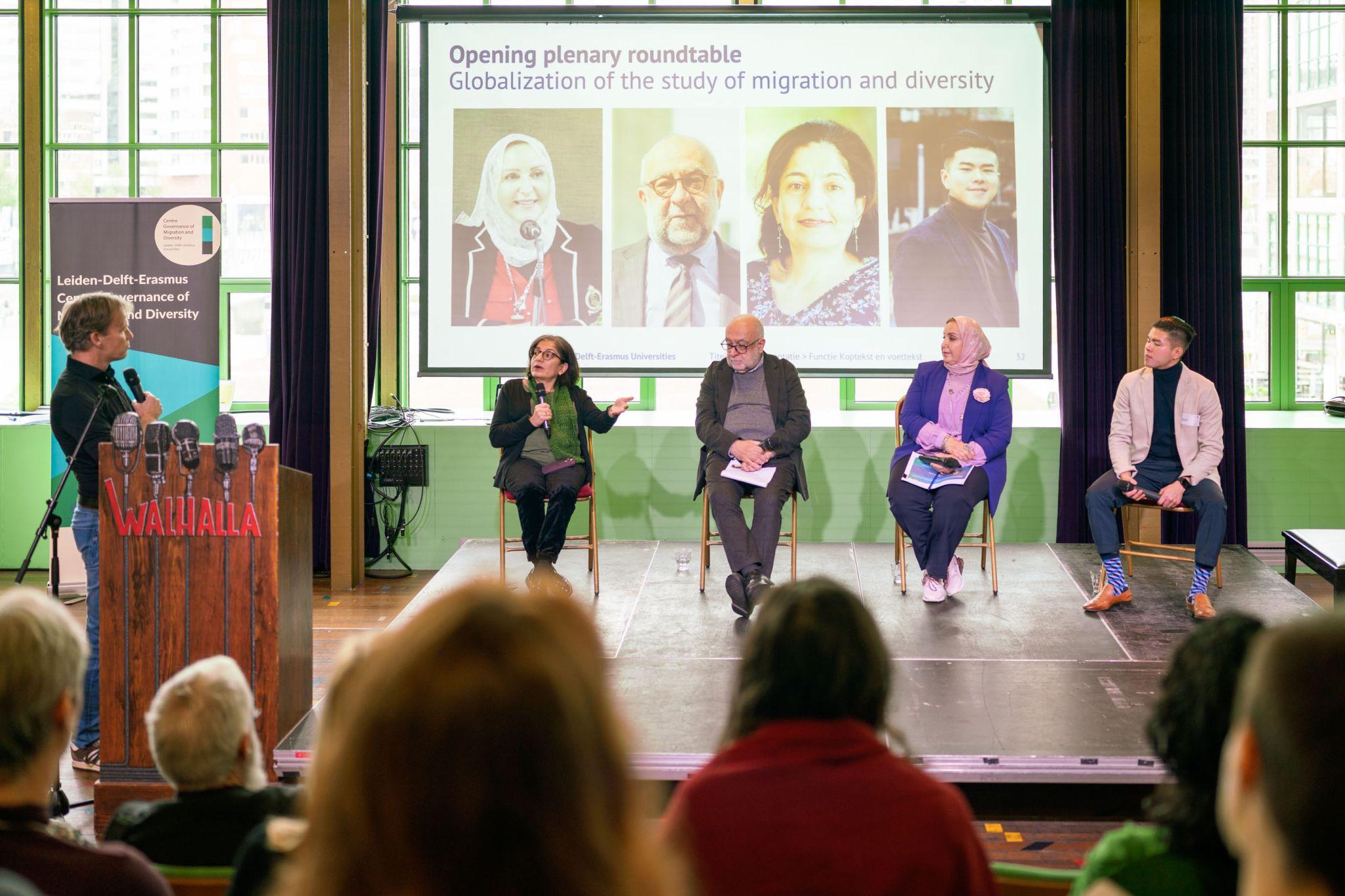
Acknowledgements to Marc van Ostaijen and Marlou Schrover
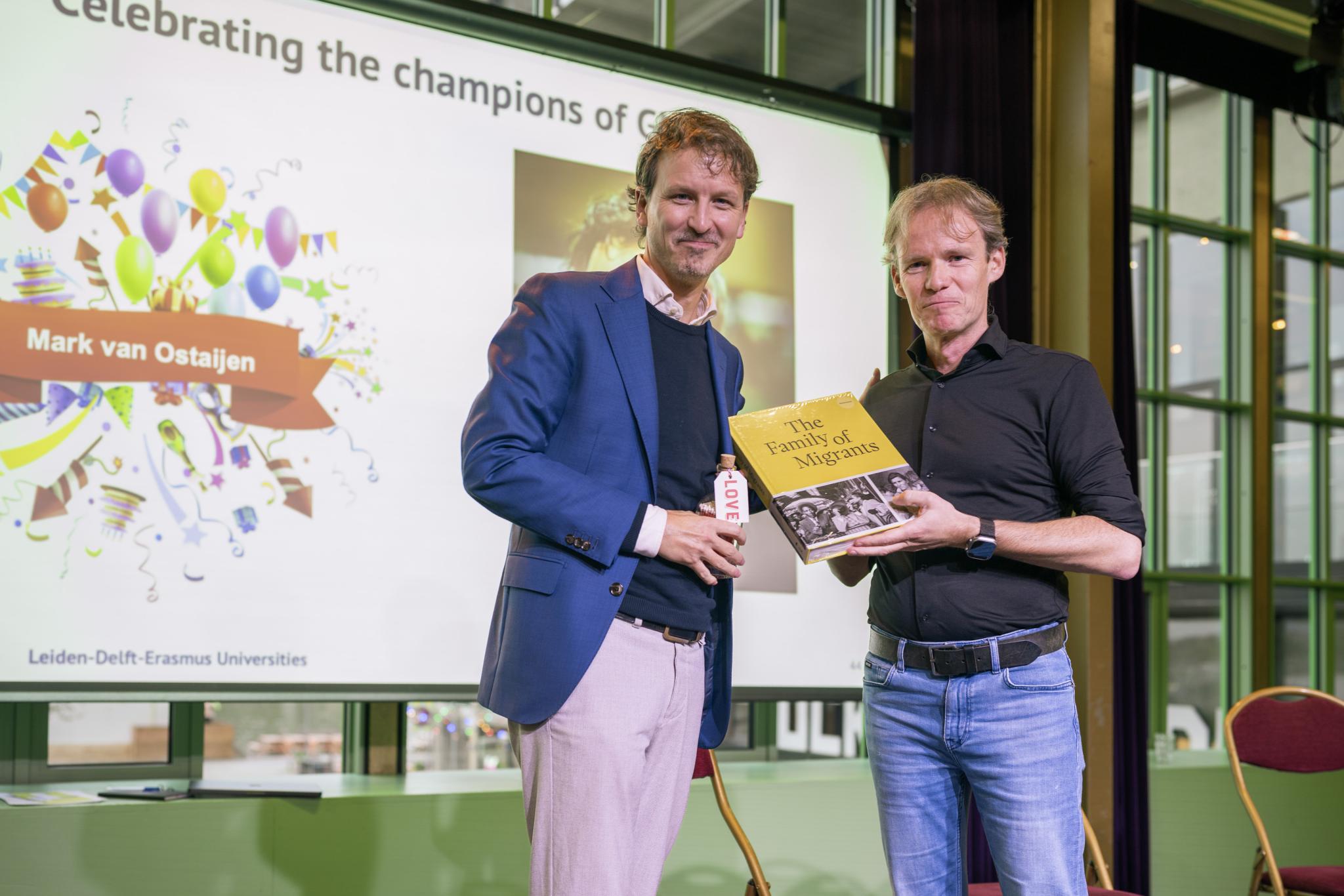
Finally, farewells were bidden to former GMD centre manager Marc van Ostaijen and professor Marlou Scholten. From the outset, they have been committed to the centre and have ensured a strong master's programme, powerful multidisciplinary representation of the three universities and an extensive network connected to external partners.
Van Ostaijen and Schrover are both overseeing major diversity projects and will be focusing on these in the coming period. Many thanks for your dedication and contribution!
Read more about the conference on the LDE-GMD website.
Photo credits: Nesie Junyi Wang

